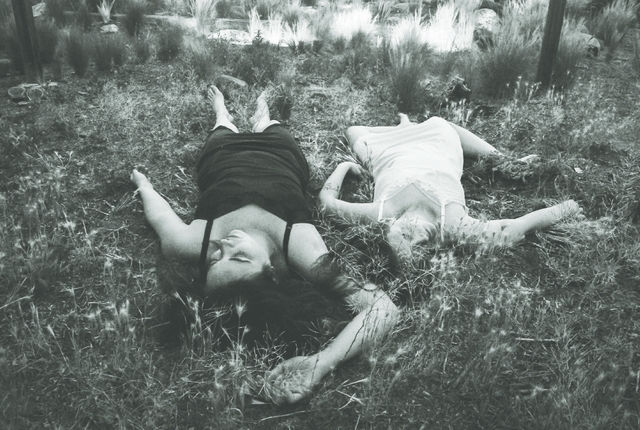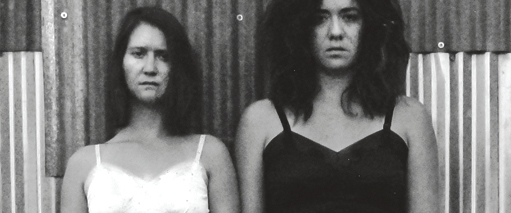Culture Shock: Her Murder Ballad
Her Murder Ballad Explores Where Sensuality And Violence Intersect


Dahveed Torres
Latest Article|September 3, 2020|Free
::Making Grown Men Cry Since 1992


Dahveed Torres


